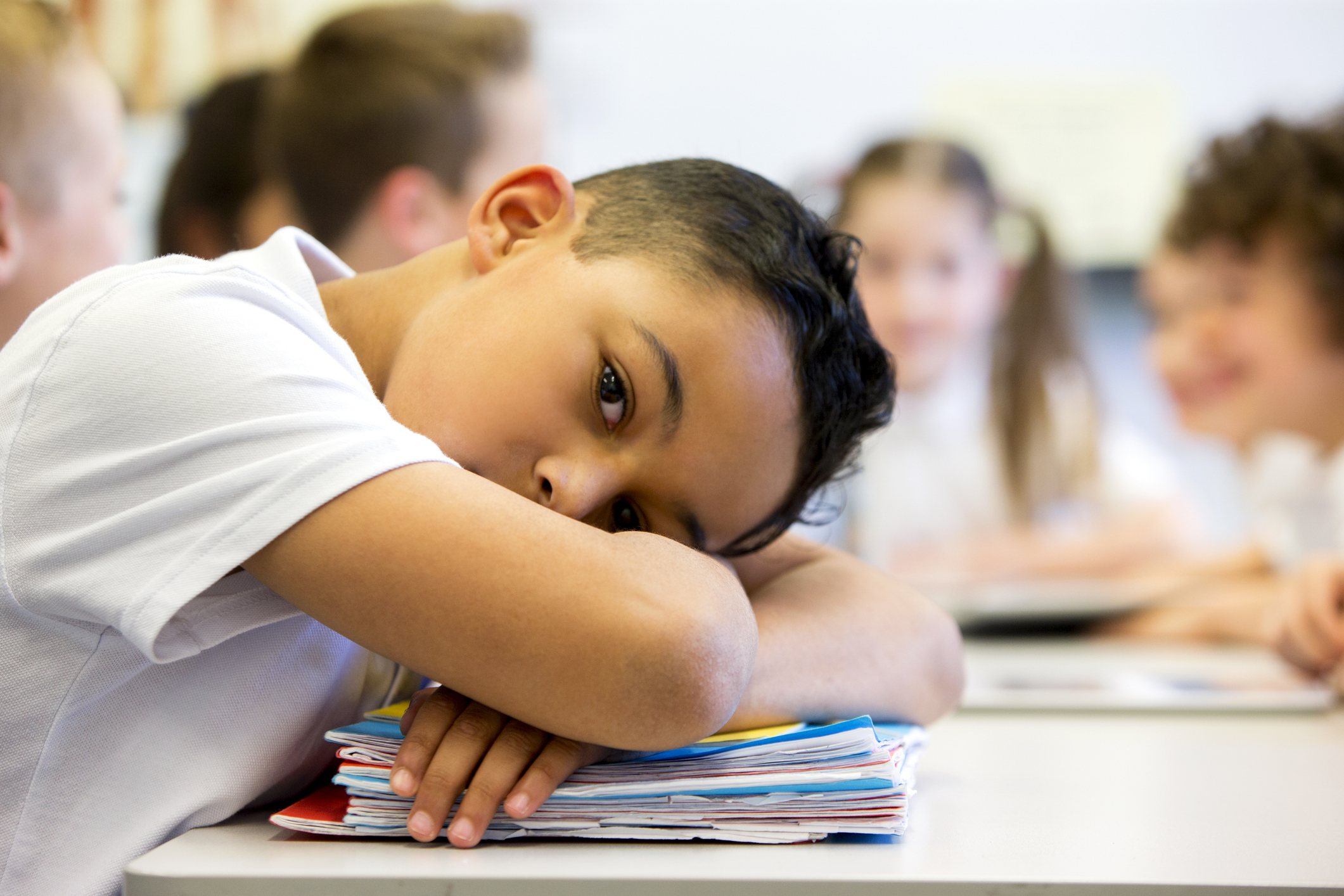In the diverse landscape of today’s classrooms in Australia, it’s essential to recognise that every student comes with their own set of challenges and strengths. For some, behaviour problems can be significant hurdles that impact their learning and social interactions. Understanding the underlying triggers of these behaviours is the first step in creating an environment where every student can thrive.
Triggers can range from external factors like a noisy classroom to emotional issues such as anxiety or stress. Perhaps a student struggles with feelings of inadequacy when faced with challenging tasks, or maybe they’re dealing with peer relationships that have turned sour. By identifying these triggers, educators can begin to implement effective interventions for students with behaviour problems that are personalized according to each individual’s needs.
Creating a structured classroom environment can make a lot of difference. For instance, establishing clear routines helps students feel secure and reduces anxiety. When they know what to expect, they’re more likely to engage positively. Additionally, fostering emotional awareness is key. Teaching students to recognise and express their feelings can empower them to manage their emotions constructively. It’s like giving them the tools to navigate their internal landscape, which can be incredibly empowering.
Positive reinforcement is another important and effective strategy. When students exhibit desirable behaviours, acknowledging and rewarding those actions can help build their self-esteem and encourage them to continue making positive choices. Furthermore, providing academic support is crucial. Many behaviour problems stem from frustration with schoolwork. Offering personalized assistance not only addresses the root of the issue but also brings parents into the conversation, creating a team approach to support the student’s development.
It’s important to remember that understanding and addressing behaviour problems requires patience and a holistic perspective. By recognising the various factors at play and responding with targeted strategies, educators can help create a nurturing environment where students feel safe and supported.
This is where BEHCA offers immense help. By tracking and analysing behavioural patterns, it helps educators gain insight into what works for each student. With BEHCA, educators can make informed decisions about interventions for students with behaviour problems, ensuring their approach is not only effective but also tailored to individual needs. Integrating this technology into classroom practices allows for a more responsive and supportive educational experience, giving every student the chance to succeed.
To learn more about how BEHCA can enhance your behaviour management strategies—get in touch with us today!
